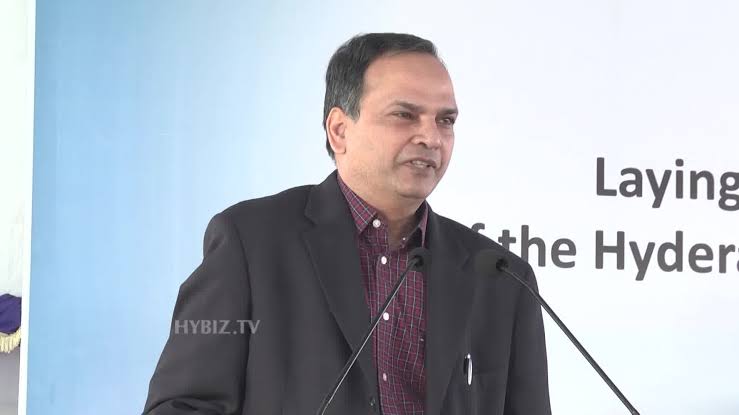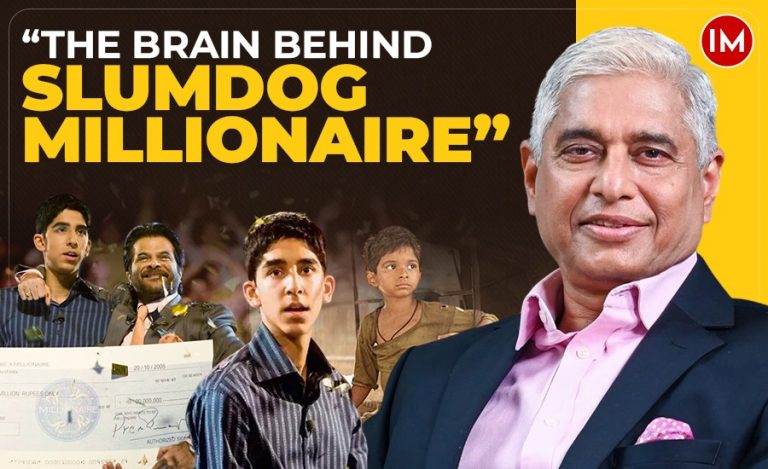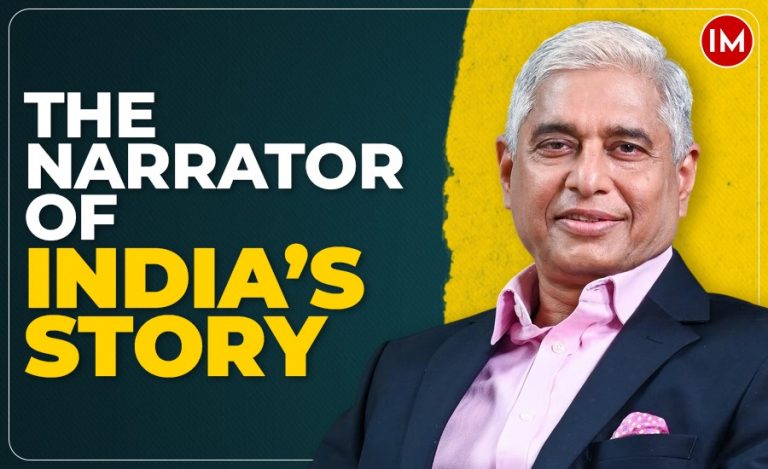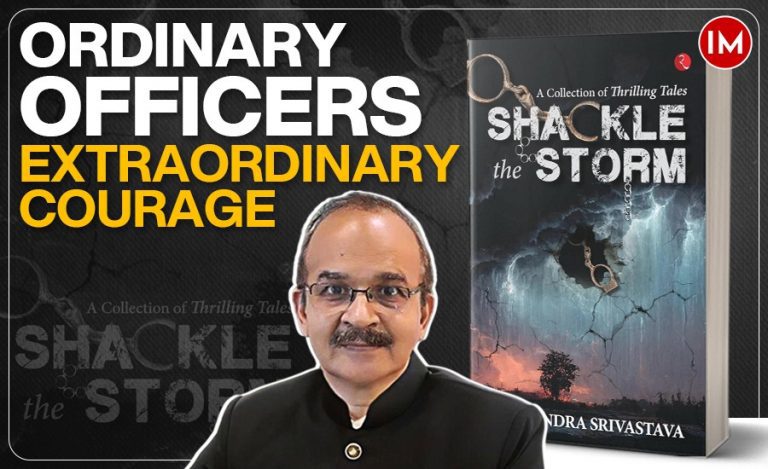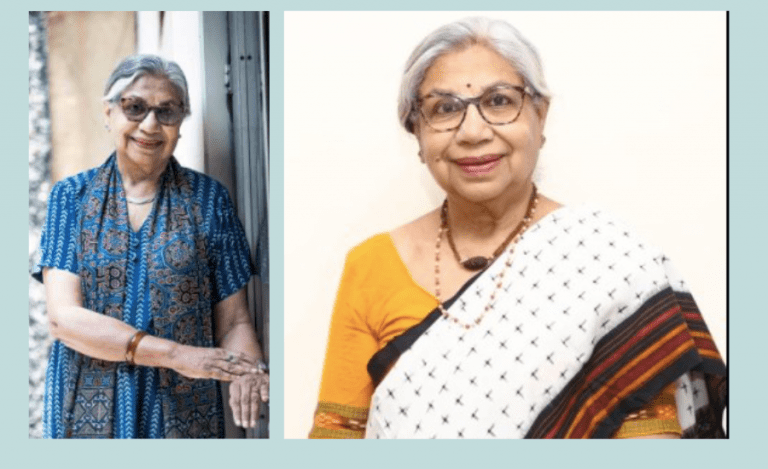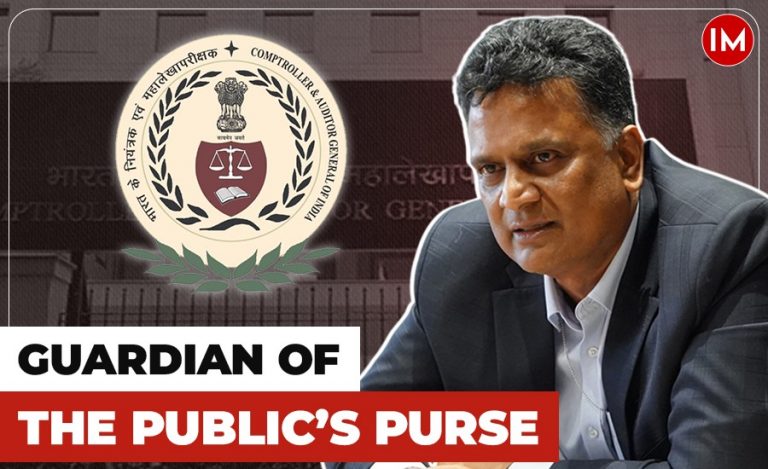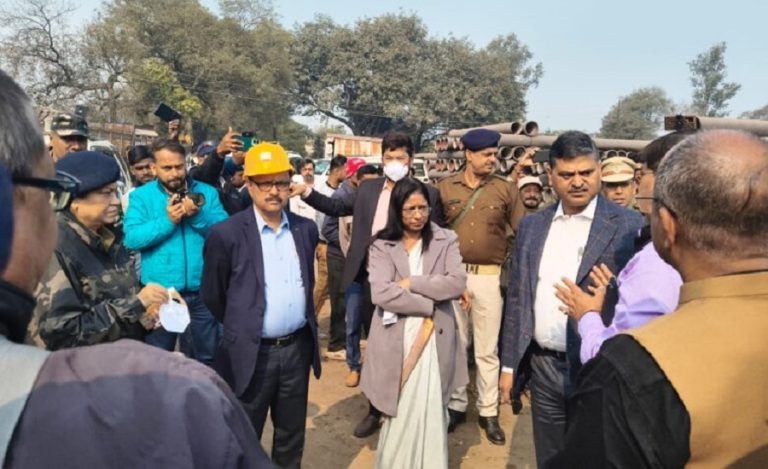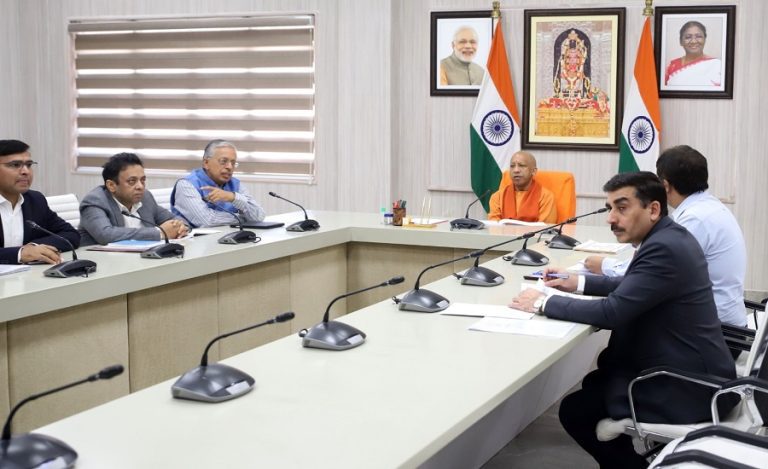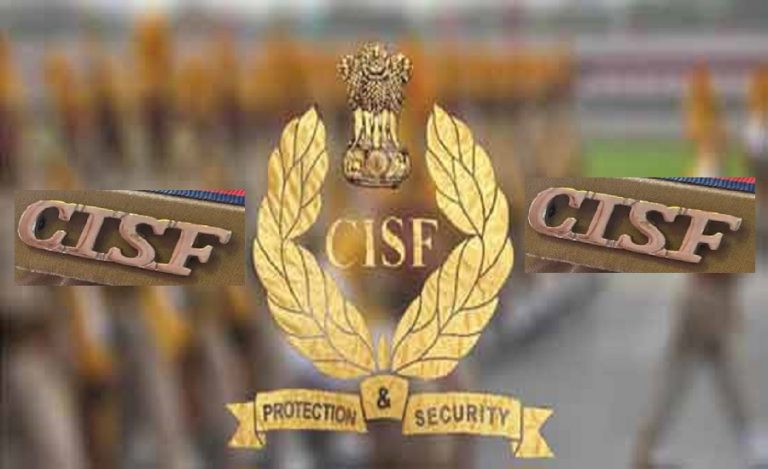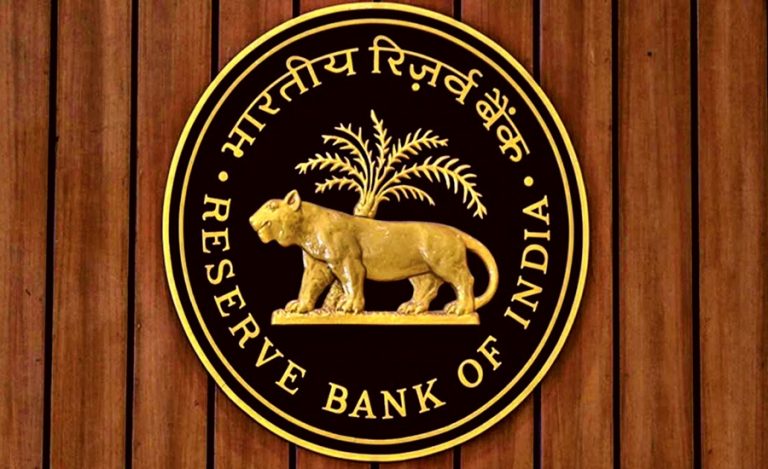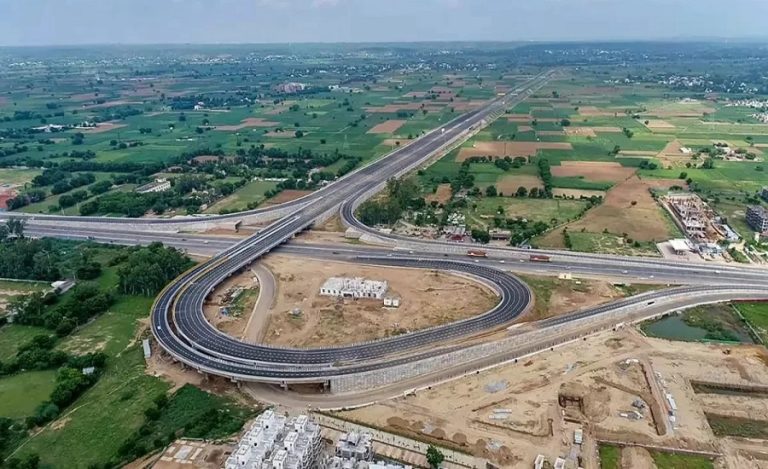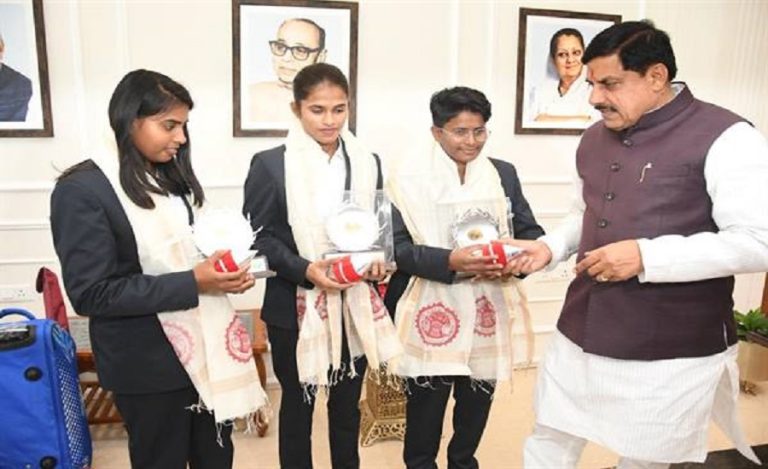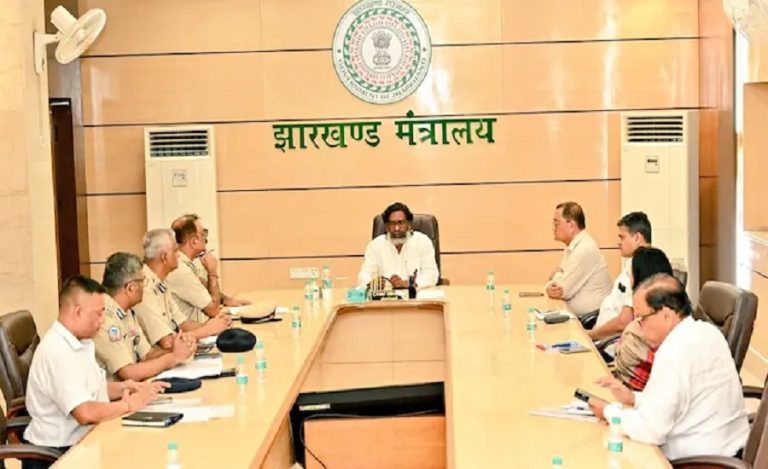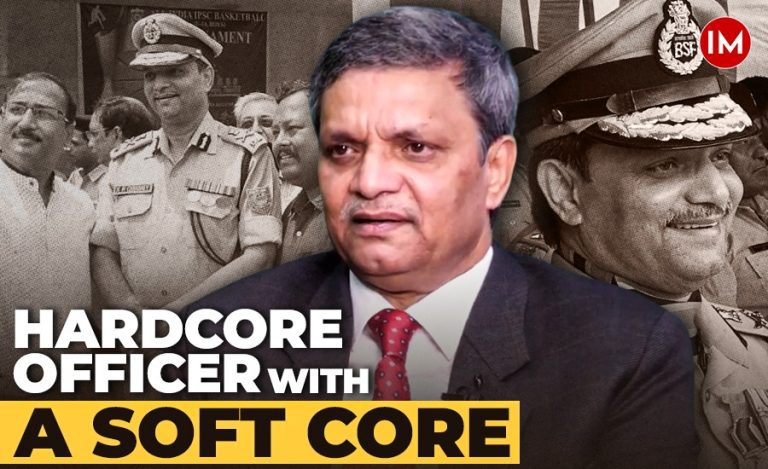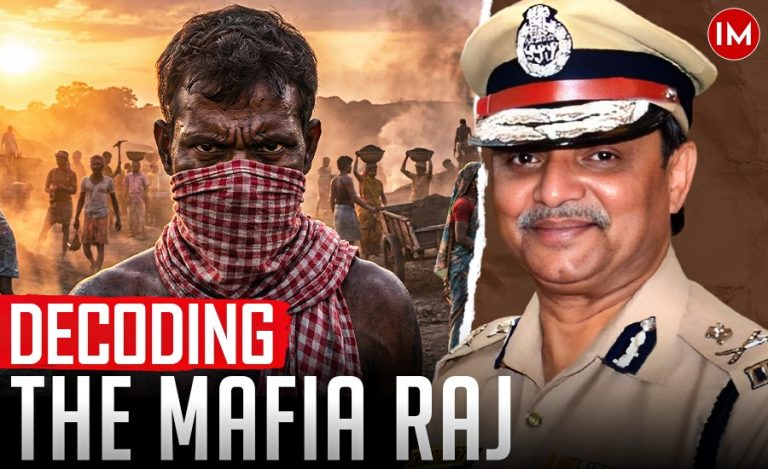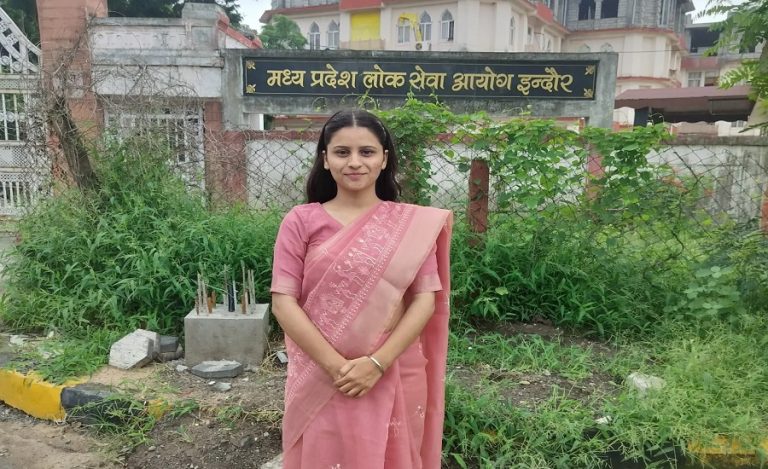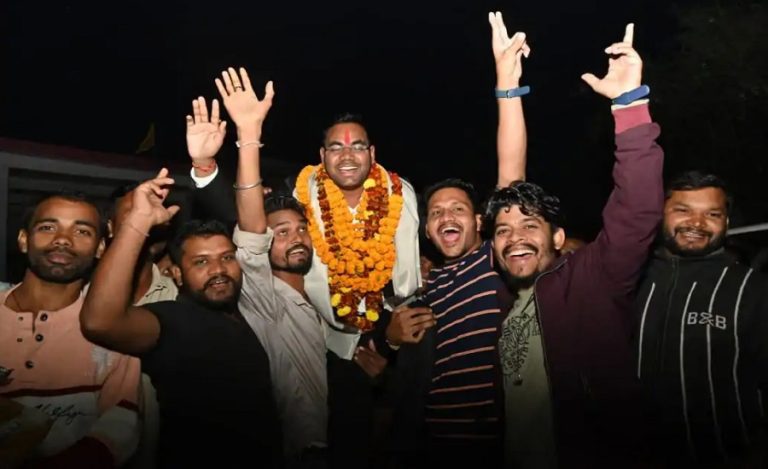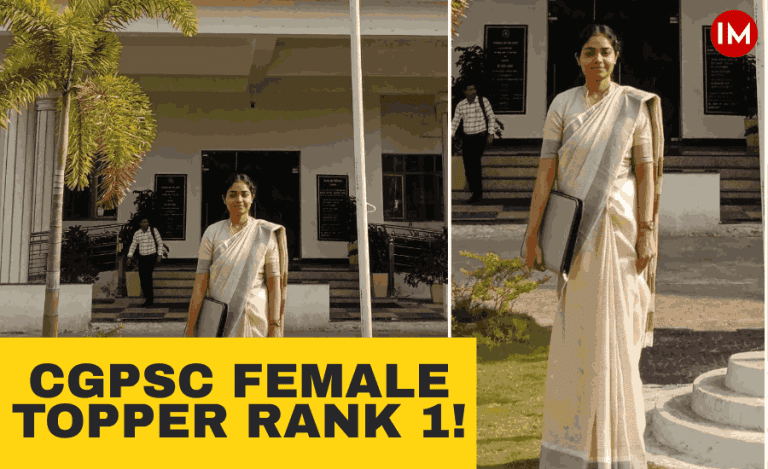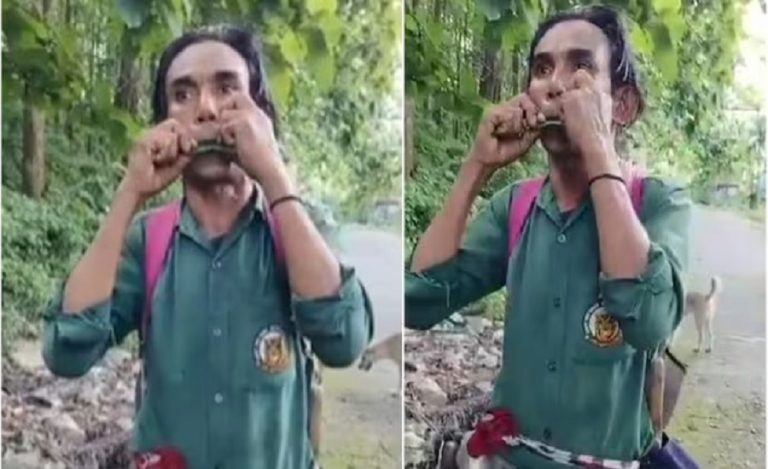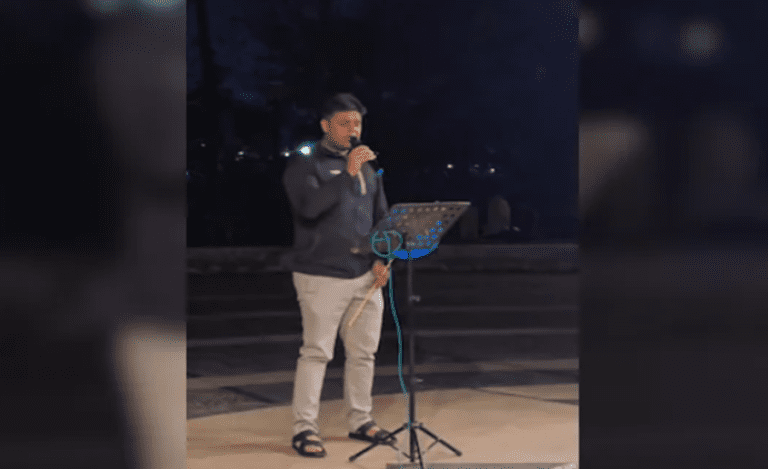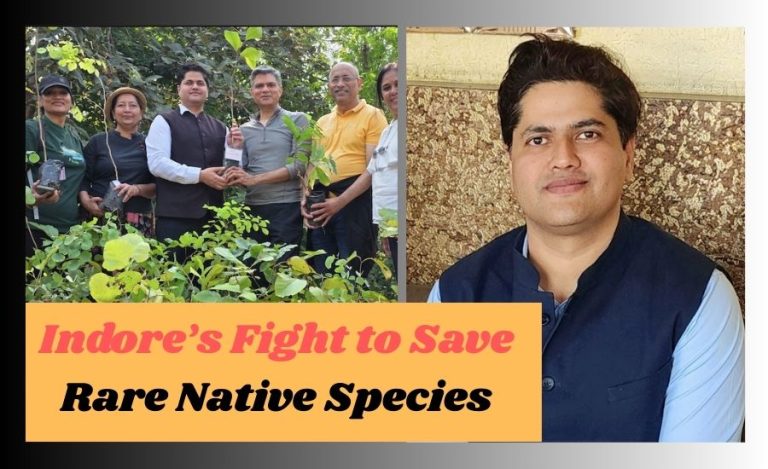A gentleman who wants to continue bringing change in society to change lives, even after retirement from service. He is Mr. Shailendra Kumar Joshi, an IAS officer of 1984-batch, who recently retired as the fourth Chief Secretary of Telangana. After serving for more than three decades in bureaucracy – first in Andhra Pradesh and then in Telangana after the state got divided – he does not want to rest. Instead, he wants to build something new that will affect lives positively. He also loves to write and has written three books, already.
In an interview to Indian Masterminds, Mr.Joshi talks about his childhood spent in Uttar Pradesh and his experiences in service. He also talks about the various changes he has witnessed in bureaucracy over time and the urgent need for good governance today.
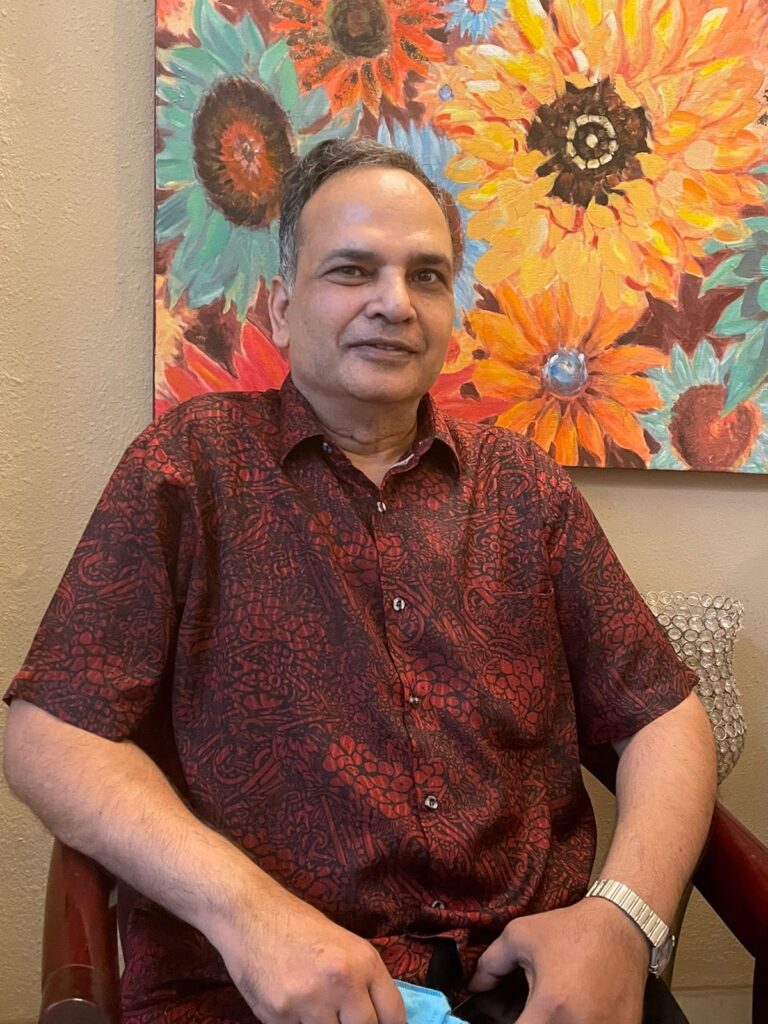
Tell us about your childhood and family.
I was born in Bareilly, 12 years after my brother. I was quite small when he started going to college and used to cry after he left. So, my parents admitted me to Vishu Bal Sadan. Then I went to a government inter college in the 6th standard and was there till 12th. I was brought up in a very discipline environment. My parents were very thoughtful and disciplined at the same time. They always focused on providing us the best education. I remember, my father would go to drop me to examination centre for Board exams and wait there till the commencement of the paper.
You chose Telugu as an optional subject in junior high school and then you were given Andhra Pradesh cadre in IAS. Do you think it’s fate?
I didn’t have any idea about IAS or cadre when I chose. The only reason I chose Telugu was because my teacher had told me that those who will study Telugu will go to Hyderabad for a work trip. Although that never materialised (laughs). So, I would say, it was just a premonition or a coincidence.
When did you first think of getting into civil services?
Like most of the kids during my time, I also wanted to become a doctor. Those days we had to do dissection of frog during Biology practical. My hands use to shake while doing it and I realised that, no, this is not for me! I took Mathematics for 12th and Engineering was my preferred choice. So, I went to IIT Roorkee and did my B.tech in Electronics. Then I went to IIT Delhi for my Master’s. There for the first time I met some students who were writing civil services papers and I came to know that something like this exists. Rest is history.
You served for 35 long years in bureaucracy. Tell us about some service experiences that you will never forget.
It was 1992, and I was posted as Under Secretary in the Ministry of Environment, Union Government. On the very first day when I reached office, I was asked for pass. It didn’t matter who I was. I used to get pass from the reception if the PA don’t call. This continued till the day I got my regular pass. I learnt one thing then: that Delhi is a great leveller.
What, according to you, has been the biggest change in the working of bureaucracy in all these years?
I feel the flexibility in areas of operations have been limited due to modern communication techniques. The initiatives and decisions makings are controlled to a large extent. In most of the cases, the agendas are pre-decided by the politicians or the superiors. No doubt, there is a positive side to these techniques, which includes social media as you get live information and reactions immediately. But, yes, the initiatives are curtailed.
One project that gives you immense satisfaction.
I spent almost 15 years in Delhi and was an active participant in the works of the Environment Ministry. In 2007 when I came to my state, I was posted as Secretary, IT. It was the closest I could go to my Engineering background. After that, I was associated with the Water Resources department. There we implemented the Kaleshwaram project which was an irrigation project in Godavari river in Telangana. It was a multi-crore project and the challenges – financial, legal and political – were big. Inter-state water resources was a major issue then. We also had to appear before almost all the concerned authorities, including the National Green Tribunal. However, with team effort, starting from the leaders to the ground staff, the project was successfully completed. I have mentioned some bits of those times in my book, “Echo T calling”.
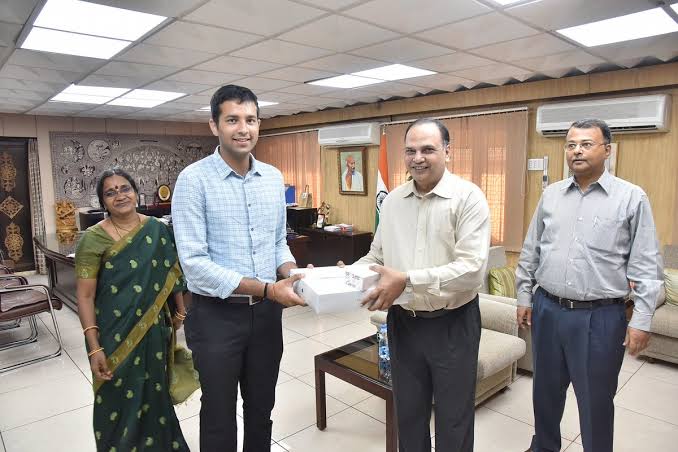
‘Ek Pratidhwani Jan Kendrit Shaasan ki Ore’ is your latest book. Do you think, in India, the governance is totally focused on citizens?
We are a democratic nation and democracy is for the people – there can be no debate on this. People should be supreme. But, in our country, the life of general population is very difficult. Whether it is bureaucracy or administration, we are still not out of a British mindset. Everywhere people are at the receiving end. So, they should be given utmost priority. Whatever you do should be for the welfare of the people. As a country, we should be focusing on such good governance.
So, do you think we are lacking behind when it comes to good governance?
I have always said that we got Swarajya in 1947 but Surajya (good governance) is still a chased dream. One can even say that over time it has deteriorated.
What, according to you, are traits of good governance?
Every year, a lot of policies and programs are announced. Almost all of them are made with good intention and for the welfare of people, but if you’ll look carefully, most of them are hollow. They are input and output based. Nobody talks about the outcome which should be the priority. I will give an example. There is a project of Rs. 7500 crores. It has been decided that every year 75 crore will be allotted to it. This means that the project will be completed in 100 years. Will it serve any purpose? No. The annual 75 crore will be of no use. The purpose of any project should be the outcome, and if it is not achieved, then it should be considered a failure. I will give another example of schools. It is not enough to build schools in every 1 km. The focus should be on how many of the pupils can read and write, how many graduate or pass 12th. This is not impossible to achieve.
What are your future plans?
I wrote books and then I started writing articles, but, honestly, I lack that drive now. My focus is now on education, and I am associated with IIT Roorkee and Indian Management Technology Institute, Hyderabad, as a professor. Also, I am trying to wake up the inner engineer in me. I am working with some of my mates from IIT on different types of application. Let’s hope that soon you’ll get to know a sixty-year-old coming up with a startup idea (laughs).

